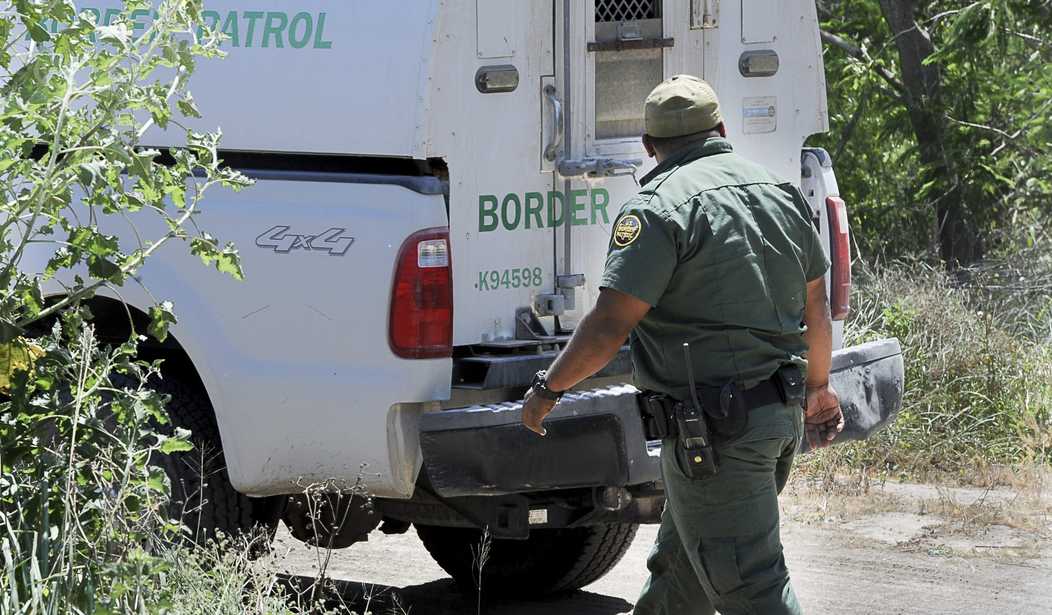WASHINGTON – Paying about $40,000 per recruit to hire employees who will be paid an annual salary of $40,000 is the Department of Homeland Security’s best option, based on contracts offered, Under Secretary for Management Claire M. Grady told Congress last week.
Customs and Border Protection has awarded a $300 million contract to recruit about 7,500 employees, as DHS has been losing about 400 Border Patrol positions each year. That rounds out to about $40,000 per recruit, which matches the starting salary of a CBP law enforcement officer.
“$40,000 per employee is outrageously high,” Ranking Member Claire McCaskill (D-Mo.) told Grady during a hearing at the Senate Homeland Security and Governmental Affairs Committee. “We’re paying $40,000 to hire somebody who we’re going to pay $40,000. For folks where I live, for people who think the government’s lost its mind, that would be exhibit A.”
Grady defended the contract, saying that the agency looked at options from a competitive selection and the deal “best met our needs at a fair price.”
“As you know, we’ve struggled to hire the necessary staff for Border Patrol agents, Border Patrol officers, air and marine, and even despite the efforts of using a range of options, including retention incentives and different things we had done from a recruiting perspective,” she said.
The office is down another 100 employees in the first quarter for this year, and Grady said that DHS needed to do something “above and beyond what we were able to do,” particularly with the intent to hire an additional 5,000 Border Patrol agents.
“We looked at it carefully and said, ‘This is a surge need,’” Grady said, adding that DHS has been trying to push for flexibilities within human resources.
Grady said that DHS understands the concern surrounding the contract, which is why the agency structured the deal so that the contractor gets paid for actual on-boarding, when DHS finalizes formal job offers.
“We’re not paying for effort. We’re paying for delivering results,” Grady said.
That $40,000 per recruit includes initial startup costs for recruiting efforts, as well as “safeguarding information.”
Sen. Heidi Heitkamp (D-N.D.) suggested that if DHS has problems hiring people, the agency has an issue with retaining employees. She suggested that instead of paying $40,000 per recruit, the agency walk into a high school and recruit young people.
“You guys aren’t being creative enough,” she said. “There’s a boatload of money that’s coming your way, and if we can’t trust that you’re spending it right, if we can’t trust that the decisions are being made based on evidence-related factors and professionals, this is not going to go well. These issues that we’re confronting today are critical.”
DHS Deputy Secretary Elaine Duke said the department is trying to examine the reasons for a lack of retention and has been listening to employee concerns about what they want from a cultural perspective.
Congress established DHS in 2002, combining 22 separate government entities into one department, which has made for lengthy growing pains. The Government Accountability Office and the department’s Inspector General have thousands of recommendations for improving department efficiency and functionality. DHS now employs more than 240,000 people with budget authority of $65 billion.
Congress is currently weighing reauthorization for the agency, which would be a first for DHS. The DHS Authorization Act has passed with bipartisan support in the House. Chairman Ron Johnson (R-Wisc.) said in his opening statements that reauthorization would allow DHS to “address today’s threats by streamlining outdated and unnecessary programs, reorganizing key aspects of the department’s operations and strengthening unity of effort across the department.”
He said that former Secretary John Kelly said it best when he explained that DHS “cannot keep the United States and its citizens secure with authorities drafted in a time before smartphones and social media. We need updated authorities, updated support and updated accountability for the world we live in today.”
McCaskill in her opening remarks said that DHS needs to evolve to meet emerging threats, as terrorists have “turned from airline hijackings to vehicle ramming attacks in New York and Charlottesville and mass shootings in Orlando and Las Vegas.”
“So authorization is also an opportunity to ensure that DHS is organized and capable of responding to today’s and tomorrow’s threats – not just those of over a decade ago,” she said.









Join the conversation as a VIP Member